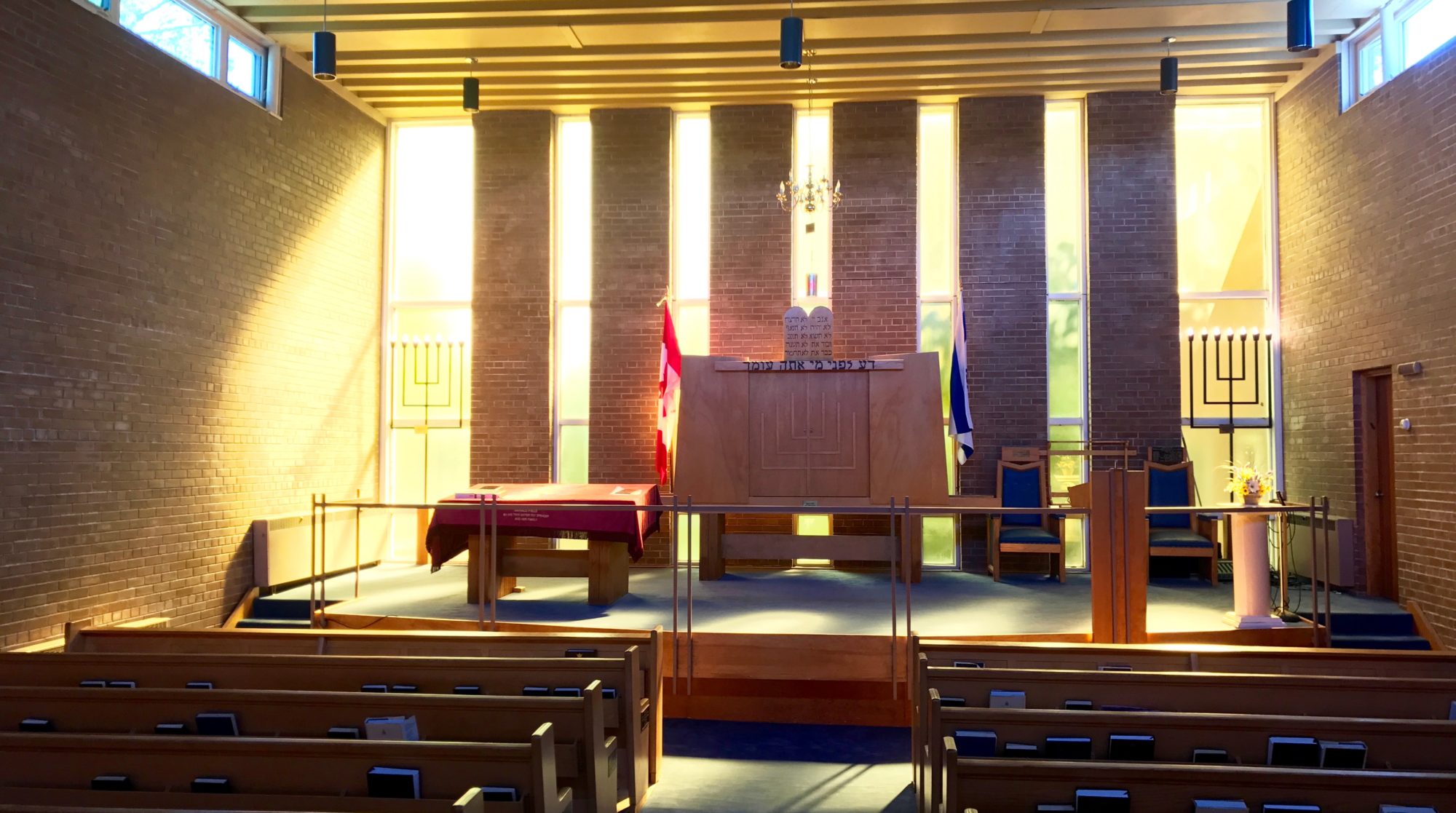Ani LeDodi VeDodi Li – I belong to my Beloved and My Beloved is Mine
by Jacques Abourbih
The reading of the Book of D’varim (Deuteronomy) occurs at a wrong time in our calendar of yearly life. It is read in the late summer months, when different rhythms of life and vacation times tend to preoccupy our minds more than the sacred.
However there is a very interesting coincidence that I believe not to be a coincidence about the reading of the Book of D’varim. We start reading D’varim on Shabbat Chazon, the Sabbath immediately before Tisha B’Av, and we continue its reading during the seven Shabbatot preceding the Yamim Norayim (the Days of Awe – the period before Rosh Hashanah and Yom Kippur).
To appreciate the unique importance and the significance of D’varim as a Book of the Torah we must recognize that Deuteronomy is very different than the preceding four books in many respects. The preceding books are authored by G-d and written down by Moses. Deuteronomy on the other hand consists of three sermons delivered by Moses to the Israelites in the plains of Moab, at the end of the final year of their wanderings through the wilderness. It is authored by Moshe Rabbenu, but given confirmation by no less than G-d. How many human words do you know that have achieved this unparalleled mark of distinction?
The book has become known as Mishne Hatorah (a copy of this law) because its central element is a detailed reiteration of the law-code by which the Children of Israel are to live by, in Israel and elsewhere-and not as the Septuagint, the Koine Greek version of the Torah, translates it: The Second Law.
The words of Moses to the people of Israel in Deuteronomy are very strong and sometimes quite critical and sharp. It recounts for Israel all of their failings and rebellions, pettiness and shortage of vision during the Wanderings in the desert, anticipating the same failures that eventually brought the Destruction of the Temple (70 CE).
It is also the mirror of our own failings that is put before our eyes during the seven weeks proceeding the days of Repentance. Moses is saddened not only by what happened to his generation but by the realization of what might have been (and perhaps even what will be). And perhaps that is the type of sadness—the realization of opportunities lost and that will never return —that is most bitter and depressing and put starkly before us as we approach the time of reflection and repentance before the Days of Awe.
Our Rabbis point out that the reading of D’varim continues during the month of Elul, the last month of the Jewish calendar. The word Elul in Hebrew אֱלוּל is also the acronym for the verse in Shir Hasherim (Song of Songs) “Ani LeDodi VeDodi Li – I belong to my Beloved and My Beloved is Mine”. Elul expresses the love of G-d for Israel —despite all our shortcomings and failures. And above all our continued commitment to G-d and the Torah despite the fact that, like reading Deuteronomy, we are sometime more preoccupied elsewhere.
Rosh Hodesh Elul falls this year [2008] on August 31st and September 1st.
